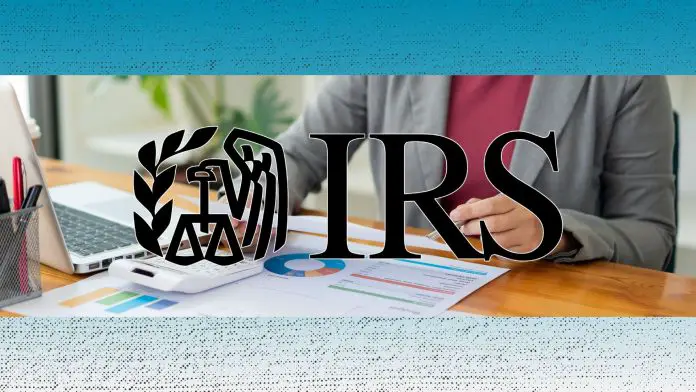The Internal Revenue Service (IRS) has released its annual Data Book, revealing significant improvements and new initiatives that promise to affect small business owners in tangible ways. The Data Book, marking its 30th anniversary, offers comprehensive insights into the agency’s activities during fiscal year 2024, which spanned from October 1, 2023, to September 30, 2024. With the IRS collecting more than $5 trillion in revenue for the first time, small businesses should take note of how these changes might impact their operations.
This year, the IRS reported assisting taxpayers on a staggering 62.2 million occasions, a 3.2% increase from the previous fiscal year. This enhancement in taxpayer service is crucial for small businesses, which often face complexities when navigating tax obligations. According to the IRS, live telephone support reached almost 20 million callers, an uptick of nearly 11%. This is significant news for small business owners who may rely on timely guidance for tax questions or concerns.
Noteworthy improvements have also been seen in in-person services at Taxpayer Assistance Centers. These centers provided assistance to over 2 million people, reflecting a remarkable 26% rise in interactions. This expanded service could be especially beneficial for small business owners seeking help with complex tax issues or audits.
While live assistance is vital, the IRS has also heavily invested in digital tools through its Digital First initiative. The agency launched more digital tools in the past year than it had in the previous two decades, aiming to simplify tax processes for everyone, including tax professionals and corporations. Remarkably, the IRS facilitated over 2 billion electronic taxpayer assistance transactions, a 47% jump from the previous year.
Among the most popular features was the “Where’s My Refund?” tool, which saw more than 382.8 million inquiries, marking a 26% increase. This tool enables taxpayers to easily track their refunds, offering peace of mind. Small businesses, in particular, will benefit from these digital solutions, reducing the time and potential errors associated with paper-based processes.
The IRS’s impressive collections of $5.1 trillion, a 9% increase from $4.7 trillion, highlight its essential role in funding government operations—accounting for about 96% of all government funding. This vast revenue collection is crucial for maintaining government services that small businesses rely on.
For small business owners, understanding how the IRS conducted 505,514 tax return audits, which resulted in $29 billion in recommended additional taxes, can serve as a cautionary tale. It underscores the importance of maintaining meticulous financial records. Furthermore, the IRS’s collections function brought in nearly $77.6 billion through payments of overdue taxes, which reflects an increase of 13.6%.
Small businesses facing tax debt may find the IRS’s installment agreements enticing. These plans allow for gradual repayment, and the agency collected over $16 billion through these agreements in fiscal year 2024—up more than 12% from the previous year. This development offers a more accommodating avenue for small business owners looking to settle their tax liabilities without severe financial strain.
Although these advancements signal positive change, they also present several considerations. As the IRS embraces new technologies to streamline operations, small business owners must remain vigilant. Adapting to enhanced digital tools and understanding new protocols will be crucial. Moreover, as IRS audits become more consequential, it’s imperative to prepare and maintain proper documentation.
As the IRS continues to evolve its practices, small business owners stand to gain from improved services and greater access to resources. With digital tools on the rise, maintaining updated knowledge of these options will be invaluable. Staying informed about IRS activities will not only facilitate compliance but could potentially lead to greater financial stability for small businesses navigating the complexities of taxation.
For further detailed information, visit the complete 2024 Data Book online.
Image Via Envato: indypendenz



